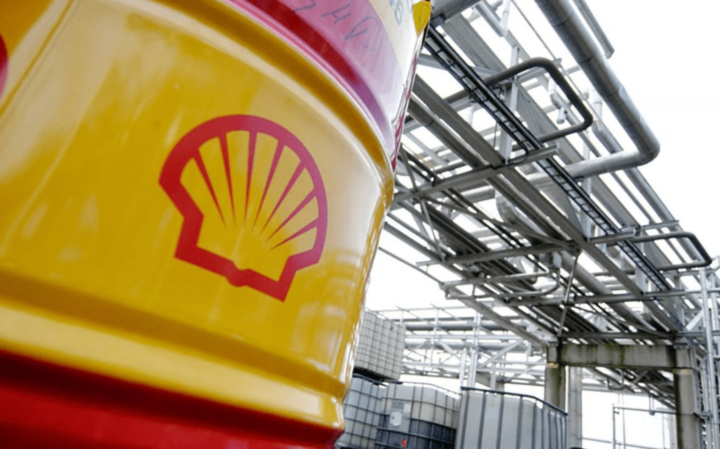Shell has announced a sharp decline in profit for its latest financial period, attributing the downturn to a slowdown in global oil and gas prices that eroded margins across its energy operations.The energy company revealed that net income for the half-year contracted year‑on‑year, with upstream revenue—generated from exploration and production—hardest hit by lower crude and natural gas rates. Despite robust production volumes, the average revenue per barrel dipped significantly due to depressed benchmark prices.
Downstream operations, including refining, petrochemicals, and lubricants, also reported margin compression. Refinery crack spreads narrowed as demand softened in key markets, and surging operating costs—from energy to logistics—further weighed on unit profitability. While Shell maintained its diversified earnings base through its chemical and retail segments, these contributions were insufficient to offset upstream weakness.

Executives emphasised that prudent capital management helped cushion the impact of revenue shortfalls. Discretionary capital expenditures were reduced, with priority funding targeted at high-return projects or transition investments. Despite reduced earnings, dividends remained consistent, underlining the company’s commitment to shareholder stability and confidence.
Within Shell’s integrated network, gas trading and liquefied natural gas (LNG) businesses partially mitigated losses, thanks to long‑term contracts that helped stabilize cash flow even amid spot market volatility. Despite this resilience, analysts underscore that falling gas prices are starting to erode returns across energy derivatives and bundled service agreements.
The company highlighted ongoing efforts in operational discipline. Refinery rationalisation, renegotiated feedstock contracts, and digital optimisation initiatives are expected to reduce cost-to-serve and maintain earning power in downstream assets. Shell’s ability to adjust production mix—switching from lower-margin areas to more profitable basins—was also cited as a competitive advantage.
However, industry watchers caution that Shell’s profit decline underscores broader market risks facing oil majors. With global energy demand models slowing, competition in petrochemicals intensifying, and clean energy focus accelerating, traditional upstream businesses may face structural margin compression.
Despite these headwinds, Shell confirmed that it is continuing strategic investment in its energy transition portfolio. Hydrogen, carbon capture and storage, solar, and battery storage projects represent a long-term priority. While currently representing a small portion of revenue, these clean energy initiatives are positioned as future growth platforms.
In its assessment of near-term prospects, Shell signaled that profit levels could remain under pressure unless oil and gas prices recover meaningfully. The company plans to deploy available cash flow toward reducing debt and pursuing efficiency improvements. It also reaffirmed its long-term dividend policy, emphasizing sustainability of shareholder returns.
Stakeholders have praised Shell’s performance, despite the revenue setback, noting that the company’s diversified structure and reform-focused execution helped limit downside. Institutional investors focused on stability pointed out that modest free cash flow generation and consistent dividend policy are positive signals in volatile markets.
Critics, however, argue that continued profitability requires more aggressive transition strategies and tighter operational discipline, particularly within high-cost upstream assets. They note that improvement in energy prices alone may not restore margins without active portfolio management and execution discipline.
Looking ahead, Shell remains focused on deploying capital toward cost-saving measures and restructuring legacy upstream operations. Investments in asset divestitures, digital transformation, and clean energy infrastructure are expected to expand. The company reinforced that its strategy emphasizes quality over scale, targeting high-return, lower-emission operations while retaining exposure to value-generating traditional sectors.
In summary, Shell’s profit decline this reporting period reflects a challenging energy pricing environment that has reduced returns across both upstream and downstream operations. While diversification and disciplined operations have limited impact, leadership acknowledges the imperative of accelerating clean energy investment and further optimizing cost structures. Shell remains poised to adjust strategically and defend market position through ongoing efficiency drives and transition-aligned growth.
Support InfoStride News' Credible Journalism: Only credible journalism can guarantee a fair, accountable and transparent society, including democracy and government. It involves a lot of efforts and money. We need your support. Click here to Donate
